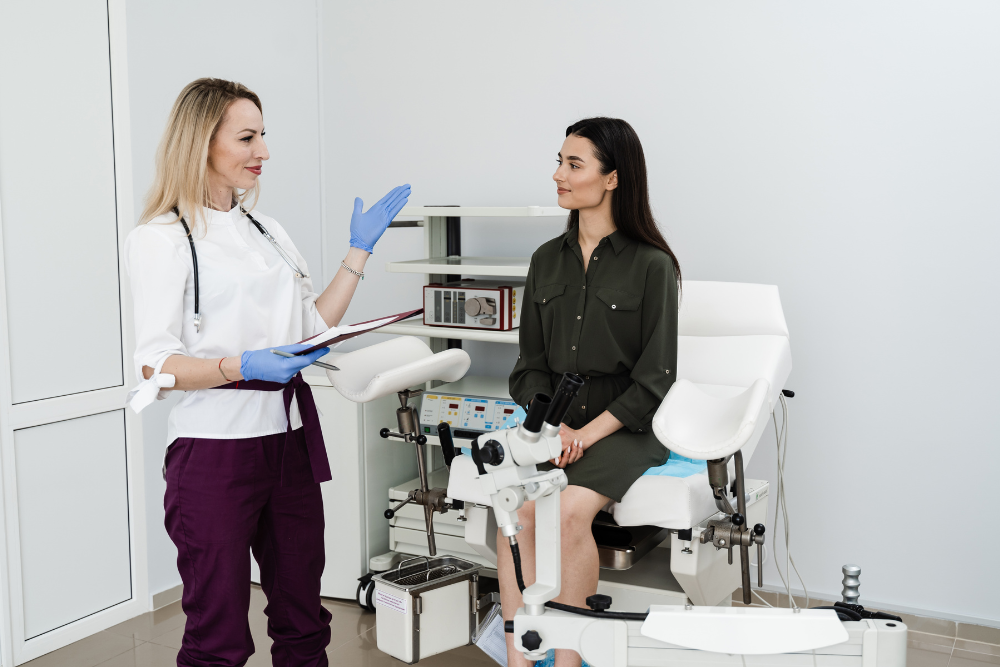Whether you need help with birth control, infertility, or menopause, this guide to the top OB/GYNs near Silver Spring, MD is a must-read.
Personalized Women’s Health and OB/GYN Care in Wheaton, MD: Your Local Guide
Your reproductive health impacts your overall well being. As such, personalized women’s health and OB/GYN care in Wheaton, MD is crucial.
Essential Women’s Healthcare Services Near Laurel, MD: Where to Find the Best Care
Curious to discover exactly what essential women’s healthcare services near Laurel, MD encompasses? Read on to find out!
Comprehensive Guide to Preventive Women’s Health Screenings in Laurel, MD
Welcome a comprehensive guide to preventive women’s health screenings in Laurel, MD, your go-to resource for staying on top of your health.
Choosing the Right OB/GYN in Takoma Park, MD: What Every Woman Should Know
In this guide, we’ll share four foolproof tips for choosing the right OB/GYN in Takoma Park, MD. Read on for everything you need to know!
What Age Should I Have a Mammogram? And Other Breast Cancer FAQs
As women, one question that often comes to mind is “What age should I have a mammogram?” Read on as we discuss various guidelines!
4 Perks of Seeing the Best Gynecology Doctors in Silver Spring
This blog will explore four key perks of seeing the best gynecology doctors in Silver Spring, and why quality care is vital for every woman.
What Are the Best IUDs Without Hormones?
Many women seeking effective, long-term birth control want to know: What are the best IUDs without hormones? Read on to find out!
How to Secure a Next-Day Gynecology Appointment in Laurel, Maryland
Looking for a new OBGYN? Here’s how to find your ideal OBGYN and secure a next-day appointment gynecology appointment in Laurel, Maryland.
Breast Cancer Screenings in Silver Spring, Maryland: Everything You Need to Know
In this blog, we’ll cover FAQs about breast cancer screenings in Silver Spring, Maryland to help you make well-informed decisions.











